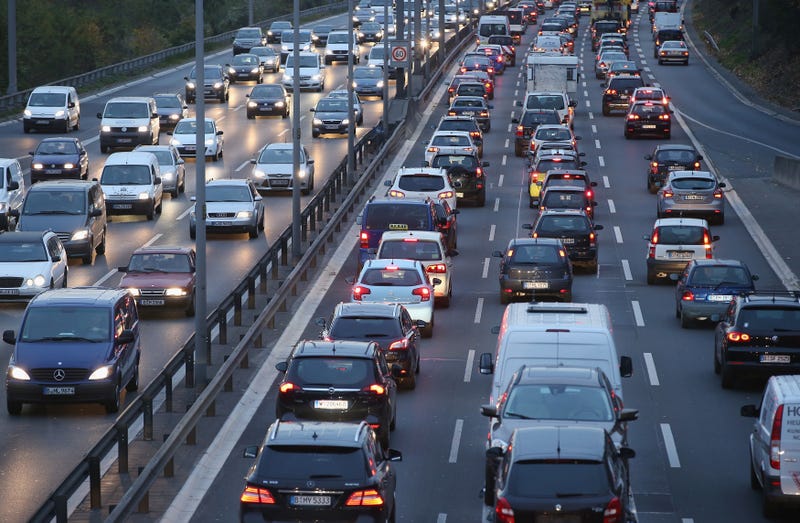
A new study from the University of Minnesota and University of Toronto shows electronic highway death toll message boards are actually causing more crashes instead of preventing them.
U of M Carlson School of Management Professor Joshua Madsen was part of the study, which focused on Texas.
"More and more states have adopted what we call these "fatality messages," where they're trying to get a little bit more stark, a little bit more sobering, and convey to drivers, 'Hey-driving is risky. Please, please slow down.' And the brilliant idea was, 'let's show how many people have actually died in hopes that this sobering message will induce them to finally drive safer and improve driver safety,' said Madsen.
But, in short, Madsen says these message boards are backfiring. The research suggests fatality messages cause an additional 2,600 crashes and 16 deaths per year in Texas. Madsen says this in-your-face messaging approach weighs down drivers' "cognitive loads."
"As humans we can only focus on so many things at a give time. For an individual involved in a cognitively-demanding task like driving a vehicle 70 miles an hour down a freeway, and to then seize that attention with something very stark, very sobering, related to death, is just reducing their ability to safely respond to things like changes in traffic conditions or vehicle movement."
While the use of electronic highway messaging varies from state to state, Madsen says public safety agencies should look at alternative ways to get their point across.
"When designing such intervention, we always hope that they're going to be generating better outcomes. But let's take the time to make sure we evaluate it, take it to the data, and make sure they are in fact producing what we want, and understanding that sometimes being too salient can, in fact, be detrimental and backfire."
